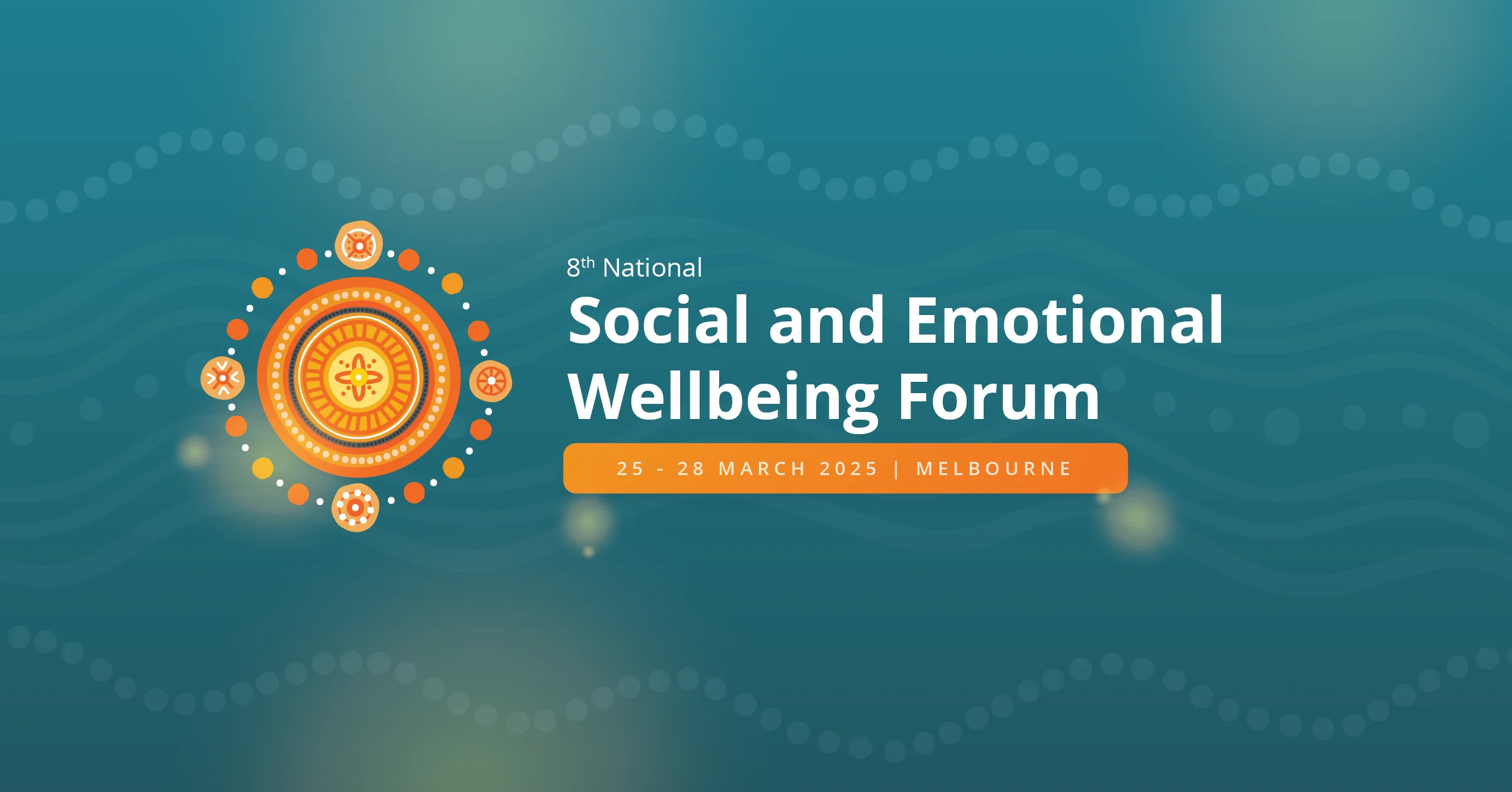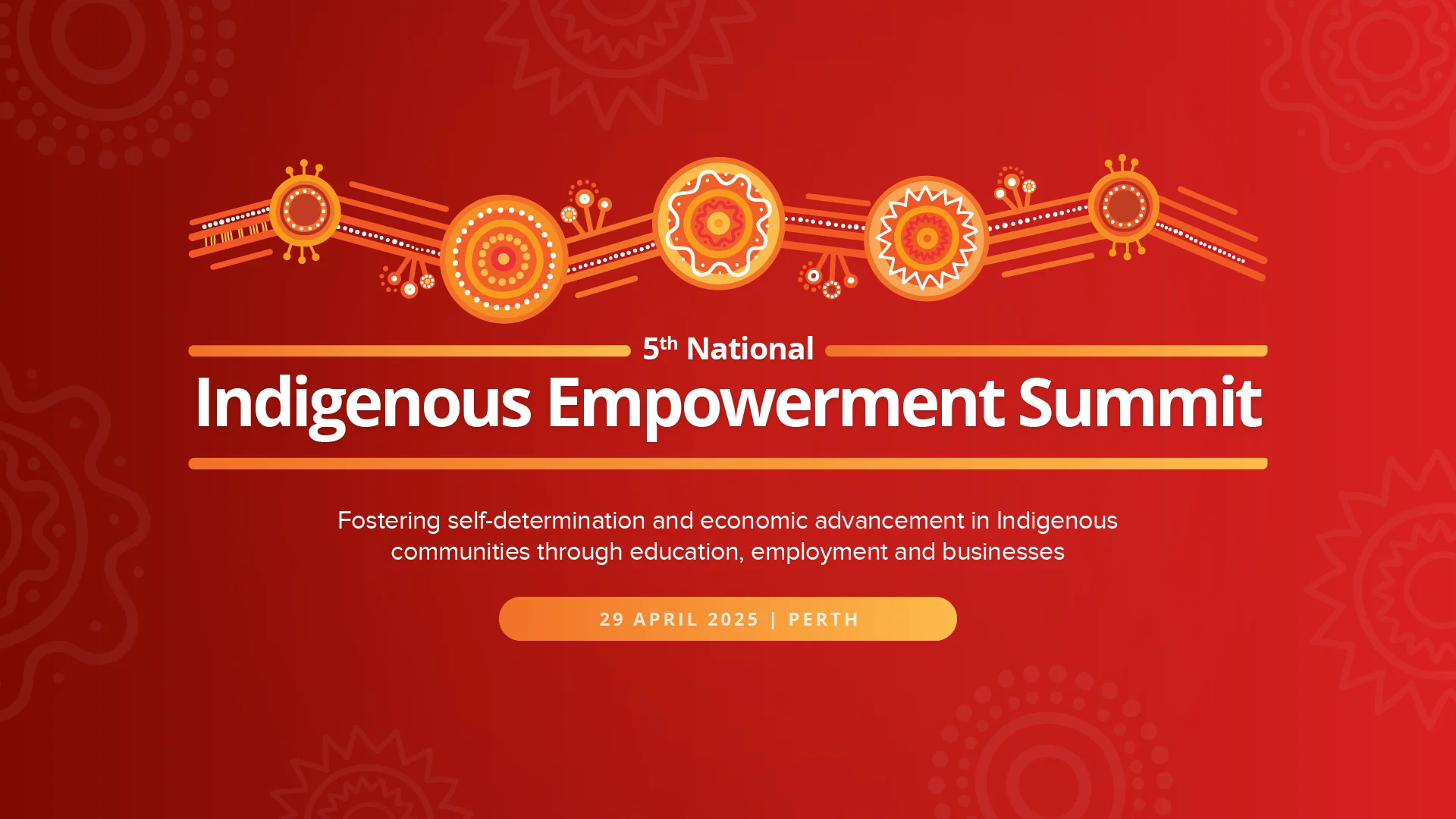Complex debt is, as the name suggests, far from simple.
This is why creating a society free from problem debt must start with all organisations that deal with debt working together towards a cross-lender and cross-industry approach. This is the only way to solve the whole sum of the problem, not just parts of it.
As a young charity on this mission, it was clear we needed to bring all facets of the financial sector on our side to get further along this path.
Way Forward’s focus on member engagement led us to doubling our membership from 7 to 15 in one year, now including Australia’s biggest banks and lenders to BNPL leaders like Afterpay and Zip.
As we’ve seen the benefits of an industry membership model, we wanted to share our learnings with other charities considering this path to boost their influence, impact and donations.
Australia’s debt problem
Australians carry more household debt than almost anywhere else in the world, leaving many vulnerable to financial hardship when things go array.
A multitude of reasons can lead to financial hardship: joblessness, medical issues, mental health, pandemic, domestic violence, natural disasters – the list goes on. But solutions are patchy and the stigma surrounding debt remains steadfast, leaving many to suffer in silence as the bills pile up.
How to get the industry solving debt together
Before Way Forward was born in 2018, no free, long-term solution existed in Australia that combined all creditors into one holistic repayment service, 100% free of charge.
Way Forward offered a viable solution but needed to bring the industry together to work towards holistic solutions to the debt problem. At the time, it was clear we had to increase membership numbers to get the industry fully committed and referring customers to our service.
From this journey, we wanted to share our top learnings how to convince the corporate community to support your cause.
Quantify the issue
Businesses and organisations make decisions based on numbers so back yourself with relevant, timely and accurate data complemented by case studies to humanise or contextualise your argument. The data should be a combination of reputable third-party reports to paint the bigger picture and figures from your organisation to prove how you are solving the issue.
Third-party data and reports should be recent, relevant to your cause, from credible and independent sources, and preferably using an Australian dataset if relevant.
Beyond third party figures, it’s important to prove your point and organisational effectiveness with your own data and case studies. Hence, you need to refine the processes within the organisation if extracting data is currently tedious or time-consuming.
At Way Forward, we’ve built our IT systems in a way that we can quickly pull anonymised client data specific to any organisation – for example, a creditor we are trying to on-board as a new member. These insights encourage fruitful conversations with the organisation, as we are offering them insights into their customers facing financial hardship that they can share with the wider team.
If you run surveys, consider adding a few questions regarding specific organisations that you can later use in your engagements with them. Following our recent survey into the mental health toll of debt, we were able to share personalised reports with seven creditors based on questions we asked our clients about their experiences and attitudes towards these organisations.
If you want ‘them’ on your side – you must be on their side too
While we need to call out bad behaviour regarding issues we seek to change, you should strive towards cooperation and accountability, not the blame game.
Running a charity that’s operational model is based on industry and community sector cooperation means we can still hold the industry accountable.
In our case, each member organisation must sign and commit to our values and expectations before becoming a member, which we also publicly outline on our website. This way each member publicly commits to working with us and the rest of the industry to tackle complex debt together.
Remain independent
Aiming for a versatile, wide member base means your members will have conflicting views and priorities.
To be a uniting force, the charity must be clear on what the organisation stands for to maintain independence, no matter what.
Going into negotiations, know your organisation’s aims and values, what you can offer for potential members and what you are requesting from them. This sets clear expectations from the start so you can together focus on finding solutions to the issues you want to tackle.
For example, Way Forward’s service always starts with the best interest of our clients and our members accept this person-centric way of solving debt.
Problem shared is a problem halved
Each issue differs in magnitude, complexity and level of cross-industry cooperation needed but one thing is certain – it’s easier to solve any problem together than on your own.
As a first step, map out potential organisations and entities that could help your organisation achieve its aims. Then consider what those entities are striving for to find common ground – and get in touch.
As with any new approach, you will learn on the way, exactly like we did.












